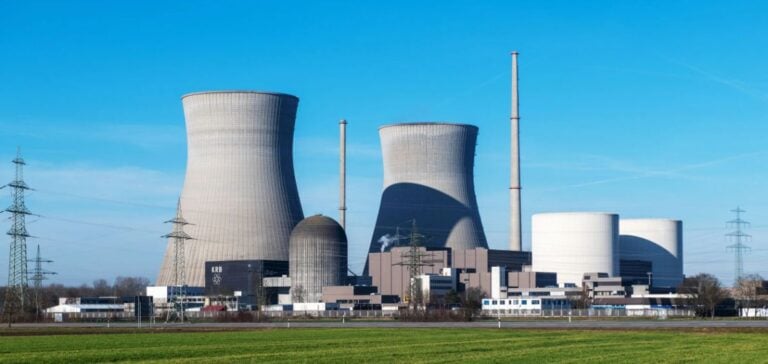The debate surrounding the role of nuclear energy in combating climate change has reached a critical point at COP29. Rafael Grossi, Director General of the International Atomic Energy Agency (IAEA), advocates for inclusive financing for nuclear energy, considered essential to achieving global decarbonization goals.
In an interview with AFP, Mr. Grossi highlights that accelerating the development of this energy source requires funding from international institutions. He explains that despite progress in discussions with stakeholders like the World Bank and the European Bank for Reconstruction and Development (EBRD), political and cultural resistance still hinders the integration of nuclear energy into climate plans.
Support for Developing Countries
The Director General of the IAEA emphasizes the specific needs of countries in the Global South. Nations such as Ghana, Kenya, and Morocco are considering adopting small modular reactors (SMRs), seen as a solution tailored to their capabilities and decarbonization ambitions. In Asia, countries like Malaysia and the Philippines are also exploring these options.
However, developing nuclear infrastructure demands strict safety and regulatory frameworks. According to Mr. Grossi, the IAEA plays a crucial role in assisting countries new to nuclear energy by providing structured programs to ensure responsible and secure projects.
An Inspiring Example: The United Arab Emirates
The IAEA highlights the United Arab Emirates as a successful example for newcomers to nuclear energy. Although the country previously lacked nuclear infrastructure, it was able, with the IAEA’s support, to establish a solid program comprising 19 steps to achieve safe and reliable operational capacity.
This approach, according to Rafael Grossi, demonstrates that even countries with no nuclear tradition can adopt this technology, provided they dedicate the necessary resources and adhere to strict standards.
Perspectives for Eastern Europe
Beyond developing nations, Eastern Europe is also identified as a favorable ground for nuclear expansion. European funding could help these nations reduce their energy dependence, particularly on dominant suppliers, while meeting climate targets.
The IAEA continues to advocate for a well-regulated and rigorous vision of nuclear energy, emphasizing the need for financial means to support its development and ensure the safety of projects.






















